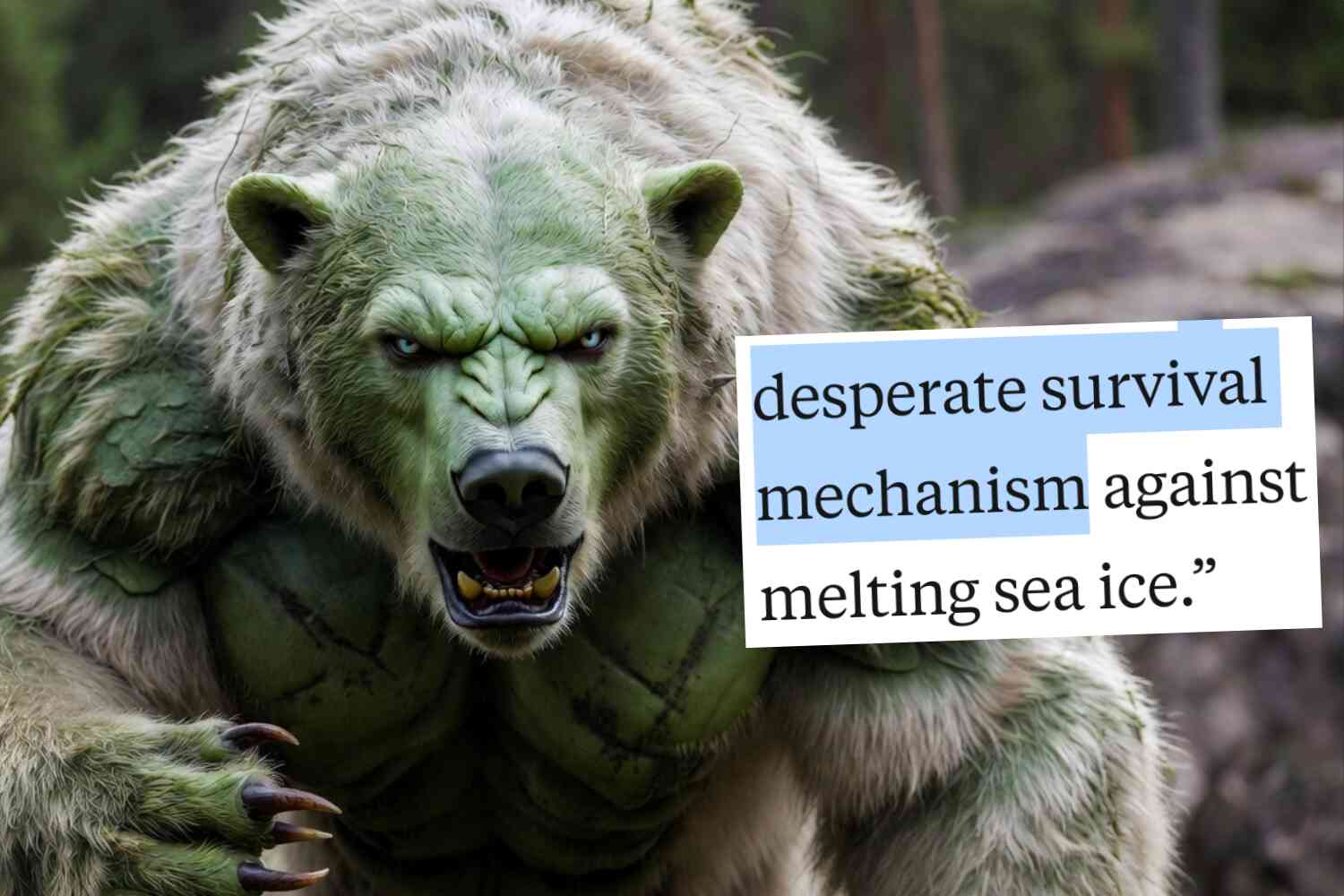It can be easy to forget about all the great scientific advances of the last few decades, and honestly even the scientists doing all of those advances seem to sometimes forget about them as well.
Case in point: The slackers running the Human Genome Project took like a few decades to turn in their research:
Scientists have finished mapping the entire human genome, about 20 years after most of the map was complete. In new research this week, a team reports they have achieved a gapless genome sequence, accounting for 8% of genetic information not previously known. The missing data may provide more insights about the evolutionary journey of humans as well as our susceptibility to diseases...
Even with machines now able to sequence DNA faster than ever before with near perfect accuracy, the effort still required manual translation for the most complex bits. But by 2020, the large team of scientists had published research on the first chromosomes they had mapped. By May 2021, they felt confident enough to release a preprint of their work on the entire genome. And in a new paper published Thursday in the journal Science, their full peer-reviewed work has finally been unveiled.
Finally! This is one of those group projects that that one team of students was so late in finishing that they delivered it after finals, weeks after everyone else had already gone.
Those were always the most awkward presentations imaginable, right? Nobody wanted to be there.

Meanwhile, the scientists themselves claim they aren't finished:
The team's mapping efforts aren't done yet, though. They next plan to sequence the genome of chromosomes that are mixed with both parents' genes, as is typical. And eventually, they'd like to sequence people's genes from across the world, in hopes of better understanding the full variation of our genetics.
Sounds great! We'll check back in about 200 years!

P.S. Now check out our latest video 👇









